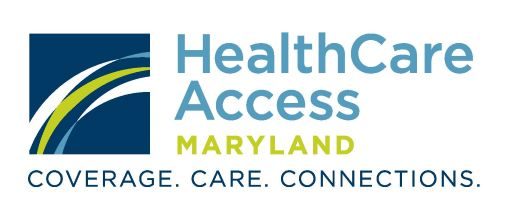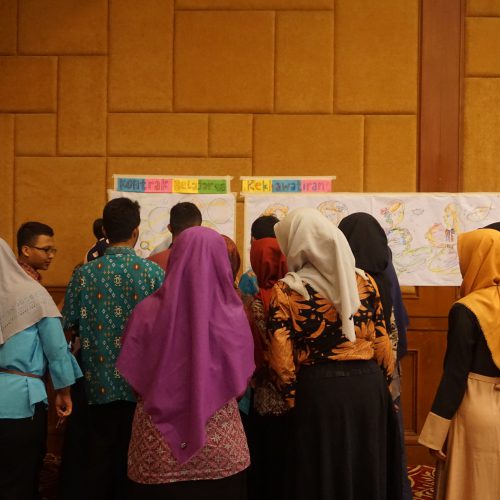In the wake of COVID-19, HealthCare Access Maryland (HCAM) realizes the importance of shedding light on prenatal care and the current trends and updates surrounding this topic. During this unprecedented time, the unknown can leave an unsettling feeling. We took some time to speak with Dr. Rob Atlas, Chair, Department of Obstetrics and Gynecology at Mercy Medical Center. We asked him the pressing questions that have most likely been on the minds of pregnant women and individuals who know someone who is pregnant. Read below for more insight on our conversation with Dr. Atlas.

Have any of the pregnant women you see tested positive for COVID-19?
“We have had several patients test positive, thankfully none with severe illness. Mercy Medical Center has also had some patients under investigation (PUI), but they turned out to be negative. I think as the surge comes; our anticipation is that we are going to see a lot more patients with symptoms. We know that this is coming.”
How have OB providers changed the way in which they care for pregnant women during the COVID-19 pandemic?
“Things have drastically changed. We are doing our best to minimize the amount of time patients need to be seen, making modifications when we can, and accommodating patients’ specific cases. For example, patients can monitor their blood pressures from home and report them to their provider. We are really trying to keep people home if it all possible. If we do need to bring them in, many providers have made it so the number of people in the waiting room are limited. Most institutions are having patients attend appointments on their own to limit the amount of people in the hospital and allowing for proper spacing in the waiting room areas. Most institutions are now requiring every person who comes into the organization to be wearing a mask.”
Are patients still being seen for their regularly schedule appointments?
“Providers are spreading out patients’ visits to see them on a less frequent schedule in order to reduce the amount of times they are coming into an organization. Throughout the interim, many providers are going to a telehealth model. They are having computer-based visits through Zoom or WebEx. These meetings with the provider and patient are being used to educate the patient and answer all questions they may have.”
Is there any evidence nationally or internationally about how COVID-19 is affecting newborns?
“It’s hard to say. There are a few case reports where infants have been affected, or a neonate who has died. Unfortunately, it’s not that well known how it’s affecting people. We do worry about whether or not a mother can transmit it to the baby, but we just don’t know for sure. Some reports that we are seeing may suggest that it might be able to. Once COVID-19 started in the US, a number of institutions, specifically University of California, San Francisco, set up a way from a national standpoint, to put names of pregnant women who have tested positive for COVID019, into a registry in order to collect this data and obtain information and knowledge for the future.”
What is the best advice for someone who finds out they are pregnant during the pandemic?
“Two things. One being that social distancing is critical. It is extremely important and critical in trying to reduce the risk of transmission to individuals. The other thing is wearing a mask while also trying to avoid patients who may have COVID-19. If you’re pregnant, you could look in to getting a note from your physician to work remotely if possible. Also, we don’t recommend any pregnant women taking care of a patient having COVID-19 or one being under investigation.”
What will the new norm look like moving forward?
“Our new norm will consist of testing every patient for COVID-19 that comes in to deliver. The whole idea is to identify people who have COVID-19, protect staff and patients, and get those patients with COVID-19 to a special unit to make sure they are safe.”
We thank Dr. Atlas for taking the time to discuss the severity of the COVID-19 pandemic. It’s important to note that this shouldn’t be taken lightly, even if you aren’t pregnant. It’s a real thing that is happening in our world and it most likely won’t be going away in a short time. As a society, we need to continue to be patient, and do all we can do to keep our loved ones safe.
During COVID-19, HealthCare Access Maryland (HCAM) in collaboration with B’more for Healthy Babies, continues to provide Care Coordination Services for pregnant women to improve pregnancy and birth outcomes. If you’re pregnant, live in Baltimore City, need support with Medical Assistance, connecting to a prenatal provider and community resources, call 410-649-0500 during regular business hours.






